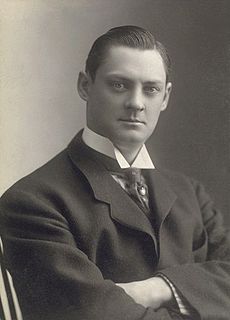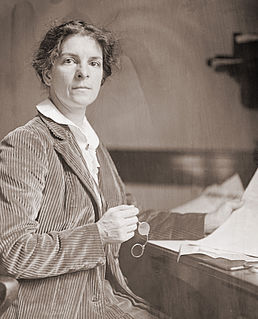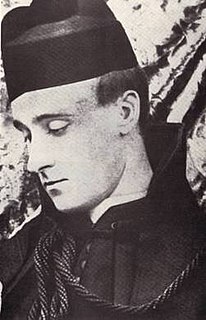A Quote by Lionel Barrymore
This is the age of insincerity. The movies had the misfortune to come along in the twentieth century, and because they appeal to the masses there can be no sincerity in them.
Quote Topics
Related Quotes
Film is more than the twentieth-century art. It's another part of the twentieth-century mind. It's the world seen from inside. We've come to a certain point in the history of film. If a thing can be filmed, the film is implied in the thing itself. This is where we are. The twentieth century is on film. You have to ask yourself if there's anything about us more important than the fact that we're constantly on film, constantly watching ourselves.
No one can write a best-seller by taking thought. The slightest touch of insincerity blurs its appeal. The writer who keeps his tongue in his cheek, who knows that he is writing for fools and that, therefore, he had better write like a fool, makes a respectable living out of serials and novelettes; but he will never make the vast, the blaring, half a million success. That comes of blended sincerity and vitality.
One of the major changes in attitude that occurred in the world of art as we moved from the nineteenth into the twentieth century was that the twentieth century artist became more involved with personal expression than with celebrating exclusively the values of the society or the church. Along with this change came a broader acceptance of the belief that the artist can invent a reality that is more meaningful than the one that is literally given to the eye. I subscribe enthusiastically to this.
It seems fair to say that while the moral standards of the nineteenth century persisted almost unchanged into the twentieth, moral practices changed sharply, and that though the standards of the nineteenth century persisted the institutions that had sustained them and the sanctions that had enforced them lost influence and authority.
It has been said that the three great develpments in twentieth century science are relativity, quantum mechanics, and chaos. That strikes me the same as saying that the three great developments in twentith century engineering are the airplane, the computer, and the pop-top aluminum can. Chaos and fractals are not even twentieth century ideas: chaos was first observed by Poincare and fractals were familiar to Cantor a century ago, although neither man had the computer at his disposal to show the rest of the world the beauty he was seeing.
Friedrich Hayek, who died on March 23, 1992 at age 92, was arguably the greatest social scientist of the twentieth century. By the time of his death, his fundamental way of thought had supplanted the system of John Maynard Keynes - his chief intellectual rival of the century - in the battle since the 1930s for the minds of economists and the policies of governments.




































